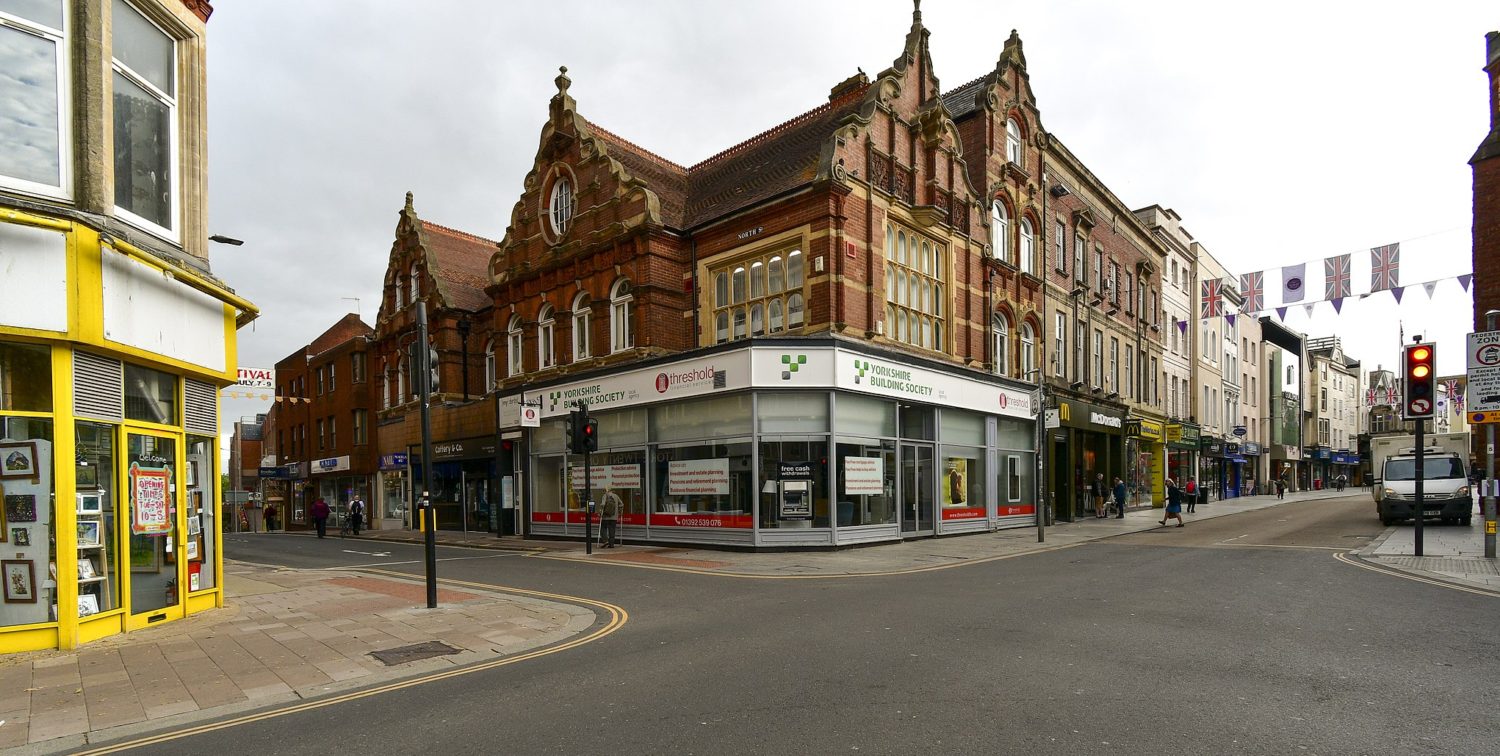High time
We need to put communities in the driving seat of high street renewal, argues Nick Plumb
The Labour party kept its head down as the Conservative party psychodrama played out over the summer and autumn. The party is now consistently ahead in the polls. For many, this is rationale for a ‘small target’ electoral strategy – the minimalist approach adopted by the Australian Labor party in the run up to Anthony Albanese’s victory in May. But as the next general election looms into view, and a new, less obviously chaotic prime minister takes office, there is an increasing need for Labour to put forward a vision for the country. It needs this vision to tie together the policies it has announced, and it needs new policies which demonstrate this vision.
One area where Labour has begun setting out its stall is on high streets policy. The salience of the high street for Labour-Conservative switchers in the ‘red wall’ was identified by Deborah Mattinson, Keir Starmer’s strategy director, in her book Beyond the Red Wall. Data from the Local Data Company collated for Power to Change shows that many of these battleground constituencies have persistent high street vacancy rates well above the national average.
As a result, Labour’s offer on high streets will almost certainly play a role in determining the outcome of the next general election. The party understands this. On the hottest day since records began, Lisa Nandy announced Labour’s intention to introduce a community right to buy, something Power to Change has long advocated for. This new power would give communities first refusal on assets of community value, including long-term vacant high street property. Rachel Reeves has said that Labour will overhaul the business rates regime and replace it with something new. Lord Jim O’Neill is leading the party’s ‘start-up review’, which “will explore how to ensure start-ups can thrive and grow in Britain”.
Taken together, there are the makings of a tangible approach to high street renewal here. However, there is more to be done. Take, for instance, Nandy’s community right to buy policy. In her speech in Darlington, the Shadow Levelling Up Secretary made the case for community ownership: “We’re providing places with an asset base which will in turn help them establish strong, sustainable community businesses.” Nandy recognises the importance of investing in people and places, and in ensuring that this investment provides communities with revenue they can reinvest for the common good. Providing places with this asset base will be vital in helping Labour deliver its vision of 100,000 new start-ups over the course of the next parliament. Importantly, though, Labour needs to integrate this policy into a larger vision, providing a clear story to tell the electorate. This story should be one of community empowerment; one that drives power out of Whitehall and into our neighbourhoods.
It is a vision which can answer the call to ‘take back control’ which has underpinned so much of our politics in recent years. Indeed, polling for the We’re Right Here campaign shows that almost three quarters of 2019 Conservative voters believe that the government needs to give people more say over decisions that shape their communities to deliver on the spirit of the Brexit vote.
How can Labour build this vision into its approach to high streets policy? The community right to buy is a good start; a high street buyout fund is a vital next step.
This fund would push back against unmoored, distant, irresponsible owners on the high street with little stake in the future of a place. The fund would compete with private investors, moving quickly to purchase important high street buildings – from old department stores to vacant music venues – and transferring them into community management and ownership over time. £100m of government grants could leverage a further £250m of private and social investment, demonstrating that Labour backs business and that it is serious about getting bang for its Treasury buck.
The relatively small sum of £100m could be raised through an online giants levy or a tax on long vacant, overseas-owned high street property. Both big online retailers, like Amazon, and those involved in landbanking undermine the social fabric of our towns. A high street buyout fund paid for by a levy on these players would show voters whose side Labour is on: that of the ordinary voter, who cares about their town centre and wants to play a role in making it better.
Image credit: Simon Cobb, CC0, via Wikimedia Commons
Image credit: Bikeboy, CC BY-SA 2.0 via Wikimedia Commons

